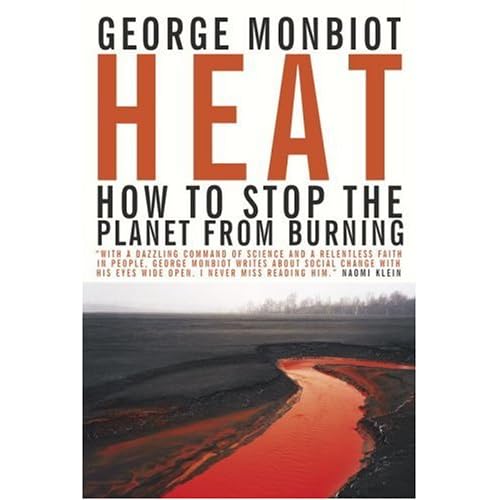Ok, so the title is completely misguiding by now, but I stick to it to show the continuity with the preceeding posts and the discussions caused by them.
What do I mean when I say that evolution, technology and (capitalistic) economy is, respectively, blind, stupid and destructive? Well, I do not mean that they are all utterly useless. Let me clarify.
My point is that society today models a significant part of its selfunderstanding on these three phenomena. We are basing the way we live on an assumption that the progress we see in these areas is somehow representations of a general feature of life, history and culture. In this way we base our morals on these three areas of life. When I say that evolution is blind, technology is stupid and economy is destructive, it is a way of saying that this is not a very wise thing to do.
Someone may say that it is absurd to even attribute some moral value to evolution , technology and economy. Except for in the case of the last (what other purpose could economy possibly have than to serve the quality of life in the most general way of humans?), this is true in one way, but what I'm talking about is how we interpret these pheonomena, and that is a reflection of our morals. The thing is, although evolution does not have morals, it does have an analogy to morals. The same is true for technology and economics.
The "moral good" of evolution is survival and ability to reproduce. An organism that is able to adapt to different environments is supirior to one that can't, and will therefore be mor advanced. Now, there are very different strategies to survival, and it seems that the most sucessful organisms is the most complex (humans) and the most simple (single cell organisms). Insects too, seem to do really well, at least in our garden. Well, anyway, my point is that evoloution is blind, because, it is not moving towards a goal, a perfect organism. It is just changing to adapt to environment. It is not going anywhere.
Technolgy also has its "moral good". It can usually be described with the word efficiency. Most technological advances are made to make some task more efficient. There are some other "values" that guide technology, the most important being the possibility of economic profit, which then makes technology not only stupid but destructive as well. There is also a drive in technology to make the (previously) impossible possible, that is, real innovation. This is a tiny part of all tecnological development, of course, but the most visible, because it is what we see as the "bleeding edge" of the technological development. And here's why it is stupid: There is no inherent mechanism in technology that decides what kinds of innovations are being made. If it is within the grasp of technology it will be invented, regardless of the effects it will have on human life and the environment. Technology cannot see beyond the current stage, and based on a prediction of what its current action will lead to, make decisions of how to act. This is the technological stupidity.
To show that (capitalistic) economics is destructive is very easy, we just have to look at the world. Most of the destruction we see, be it in the form of cut down rain forests, blown up mountains, spreading deserts, climate change and so on, all of it is done in the name of economical growth. And we don't have to look only at the environment, we can look at our selves too: people doing things they do not want to do (work) instead of what they want to do (spend time with family and friends, live in contact with nature, develop their creativity), all because of the demands of economy. Not to mention people pushed beyond what they can take: burn-out, depression, violence. But isn't economy neutral, something that just has been bent ot destructiveness by selfish people? Maybe, but the way capitalistic economy works is so that the selfish people will always make the decissions. (and dont get started about how a communist economy is no better. We all now that. This is not a right vs. left issue.)
There is one more "progress myth" that affects how we look at the world: the fact that individuals grow up. But to base a worldview of this and the three myths described above, to me seems difficult. To base a theory of how life works on three such immoral phenomena can only lead to trouble - in our case in all probability the destruction of our culture, and maybe the world with it.
What theology should do in this situation is what I am trying to work out in this blog.



